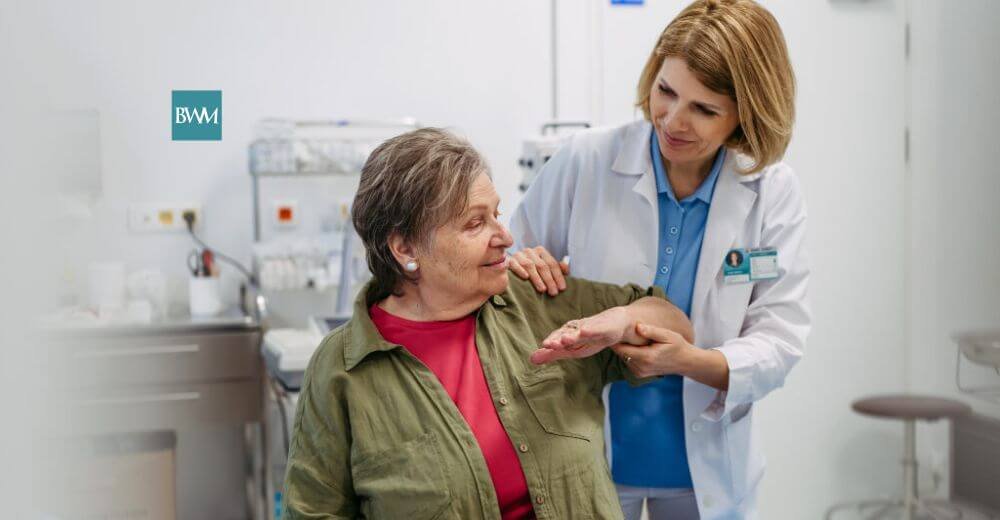In the busy lifestyle of today’s world, women balance work, household, and social life—and too frequently, their own health takes a backseat. Prevention is always the best course where health is involved, though, and regular health screening is the solution to adhering to this practice. Regular screening is not something to be tacked on to medical to-do lists; it is an investment over the long-term in well-being, early disease detection, and quality of life for women across the board.
The Power of Early Detection
Early detection is likely the most persuasive reason to get screened regularly. The majority of diseases, especially those prevalent in females such as breast cancer, cervical cancer, diabetes, and hypertension, may lie dormant and unnoticed. At the point that symptoms appear, the disease can have progressed to an earlier, more manageable stage.
As an example, mammograms and Pap smears have transformed women’s health by screening for early breast and cervical cancer, with startling rising survival. With earlier diagnosis, medical physicians claim an estimated 40% of breast cancer deaths can be prevented. Likewise, blood pressure, cholesterol, and glucose screening tests detect cardiovascular disease and diabetes risk—both major killers globally in women.
Personalized Screenings during Different Stages of Life
The health requirements of a woman change at different stages—adulthood, childbearing years, pregnancy, menopause, etc. Personalized screenings are made to meet such changing requirements, providing health facts according to individual requirements at the right time.
Screening for sex health, mental health, and immunization is possible at adolescence and young adulthood. Screening in the reproductive years comprises screening for preeclampsia or gestational diabetes and prenatal screening. The post-menopausal period focuses heavily on osteoporosis screening via bone density, risk screening for heart disease, and cancer screening.
These periodic screenings enable ongoing monitoring and treatment on an individual basis with abnormalities detected prior to causing harm to health.
Empowering Women: Education and Knowledge
Regular screening not only diagnoses complications in health—it teaches women about their bodies. Regular check-ups create a simple line of information flow between women and health professionals, and awareness and prevention health culture is developed.
If women are informed about their health risk and screening results, they are in a better position to embrace healthy lifestyles, follow up on treatment, and receive early health care. Screening for health education also dispels myths and misconceptions regarding medical test and results in higher acceptance of preventive health programs among more women.
Cost-Effectiveness and Reduced Burden on Healthcare
While regular check-ups might be inconvenient or expensive to some, the long-term advantages far outweigh the expense. To detect disease earlier on, in most instances, is to have simpler treatments, less complications, and to have the ability to recover faster, and hence less medical expense and less time lost from work or activity.
At the larger scale, mass screening reduces the overall expense to the healthcare system through prevention of late-stage illness that requires extensive and expensive therapy. Routine screening is an excellent public investment that is advisable by the government and healthcare institutions across the globe.
Preventing and Monitoring Gender-Based Health Complications
There exist certain health conditions that women experience that require special attention, and screening as the norm is to address such. Polycystic ovary syndrome (PCOS), endometriosis, uterine fibroids, and menopausal symptoms all seem to require early identification and intervention in a bid to make sure that lifestyle is not compromised.
Screen tests such as pelvic examination, ultrasound, bone density, and hormone level test are crucial so that they can yield valuable information for effective management of the conditions. Routine screen tests should not be avoided as this will result in unnecessary complications and pain, and authoritarian health control is necessary here.
Overcoming Barriers and Encouraging Routine Screen Tests
Even seeming to be useful, the majority of women do not get screened on a regular basis because there can be excuses varying from ignorance, fear, cultural taboo, or unavailability to access the health centers. All these obstacles need to be overcome by making available easily accessible care, low-cost screening services, and culturally responsive education campaigns.
The Role of Technology and Innovation
Medical technology is also becoming more comfortable and accurate at day-to-day screening. Technology is bringing preventive care home and noninvasively, from digital mammography to HPV DNA testing and home blood pressure monitoring.
Telemedicine and mobile health applications enable women to monitor their health markers, plan screenings, and communicate with doctors without geographical or temporal limitations. Women can take charge of their own place in the healthcare journey by employing these technologies.





